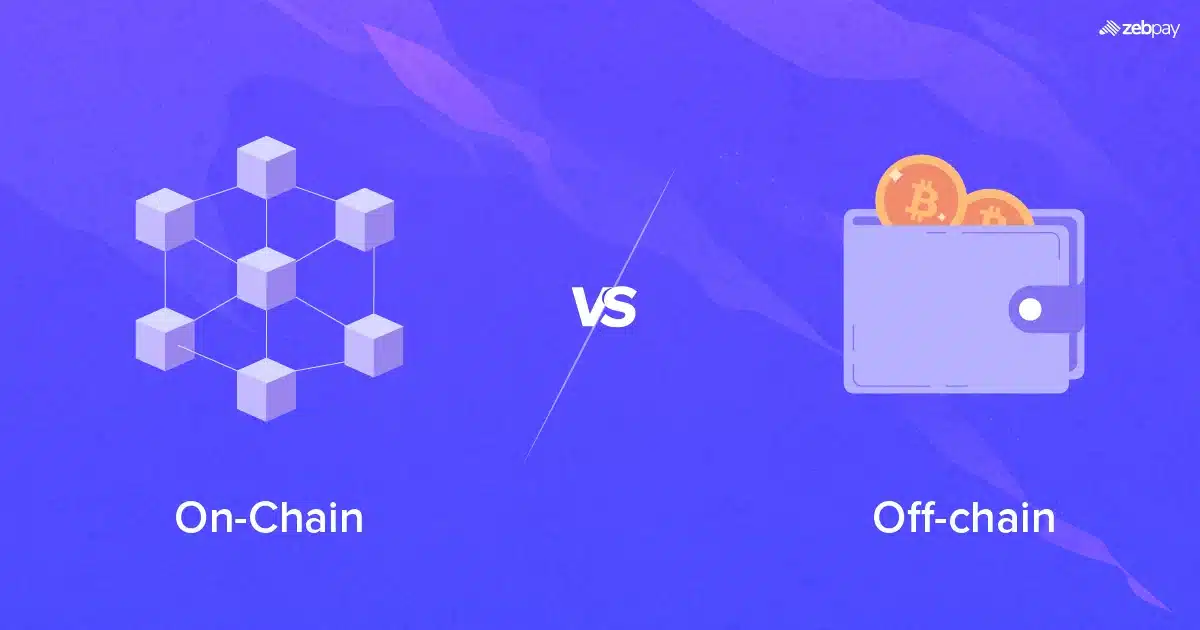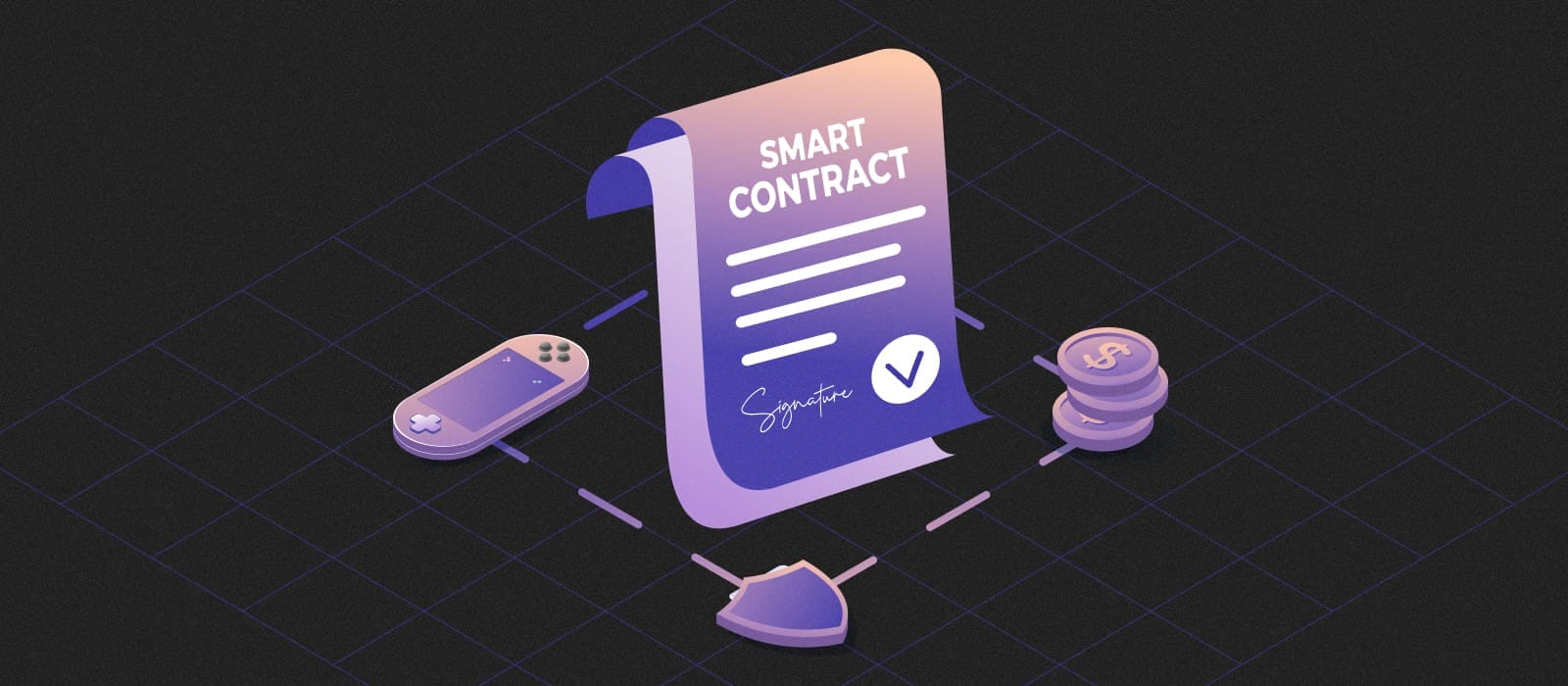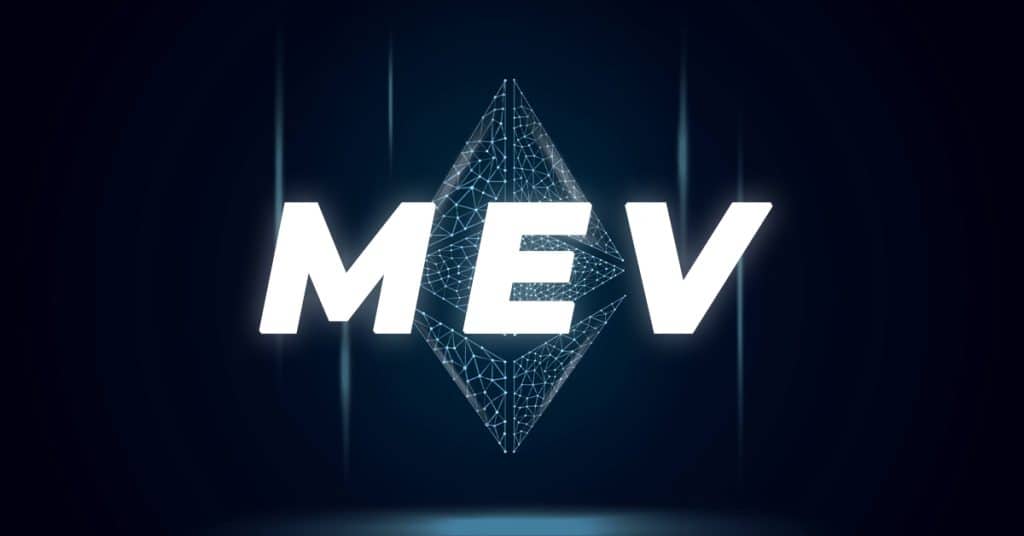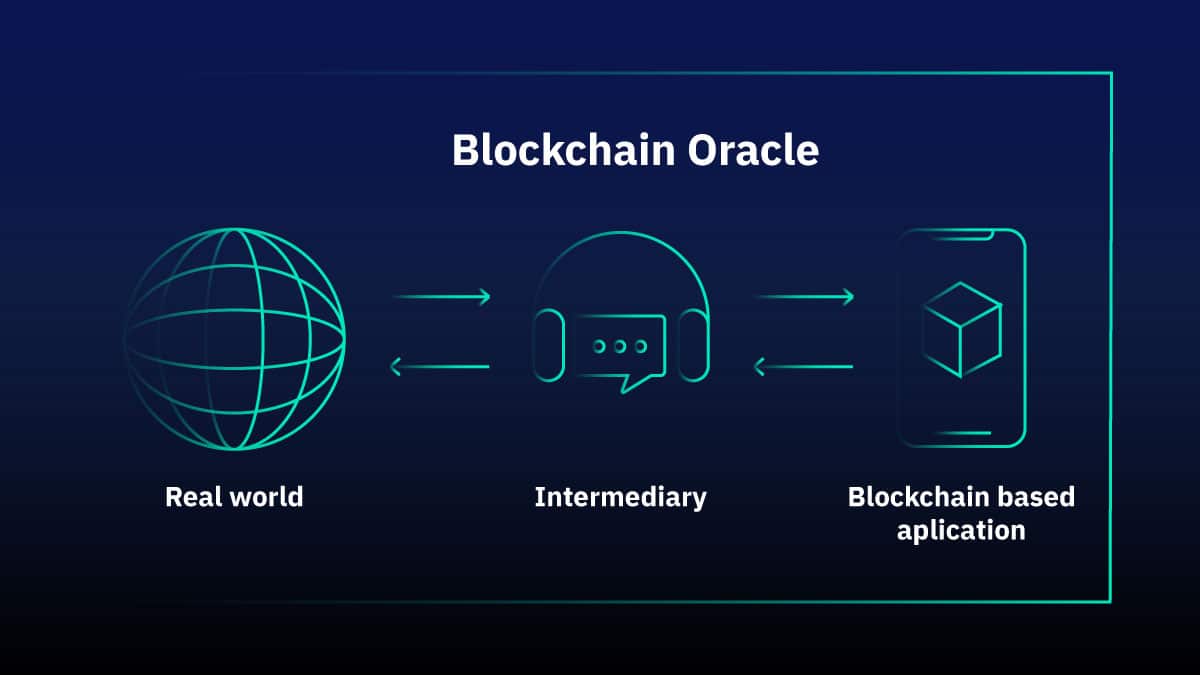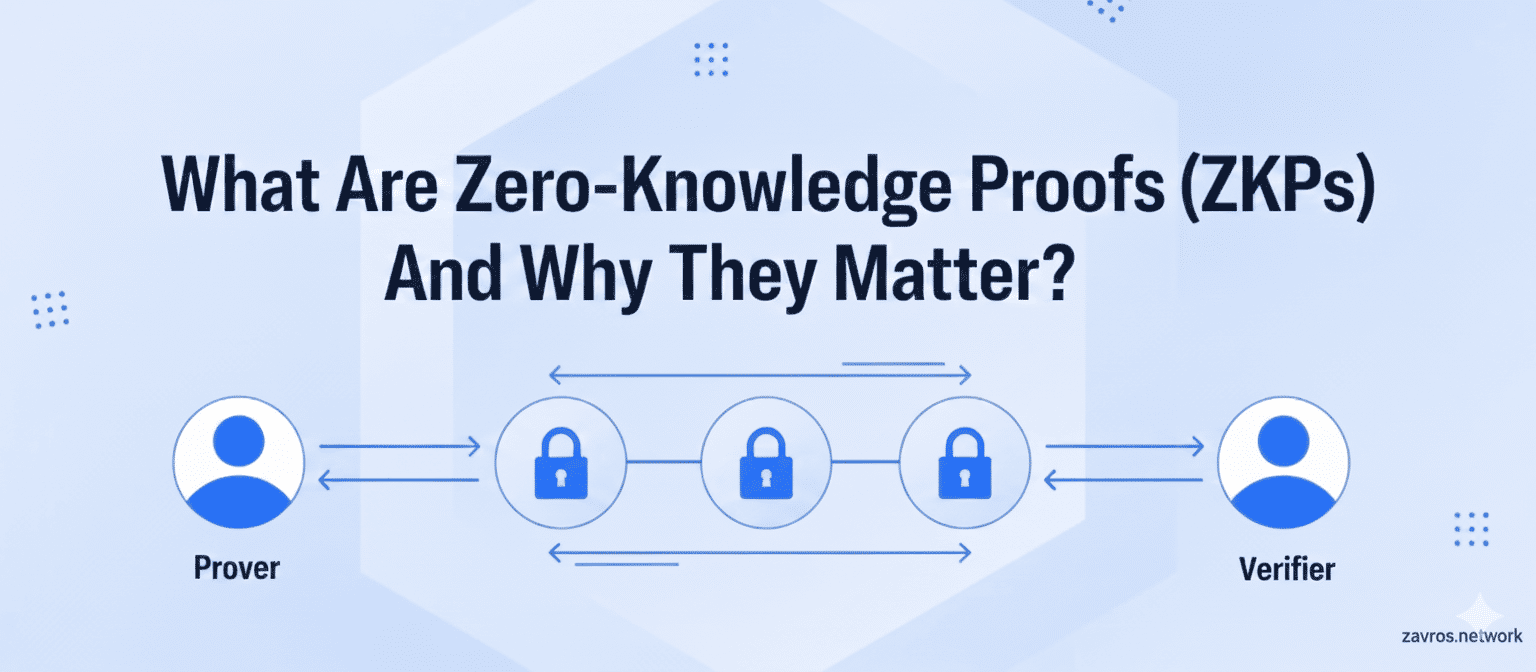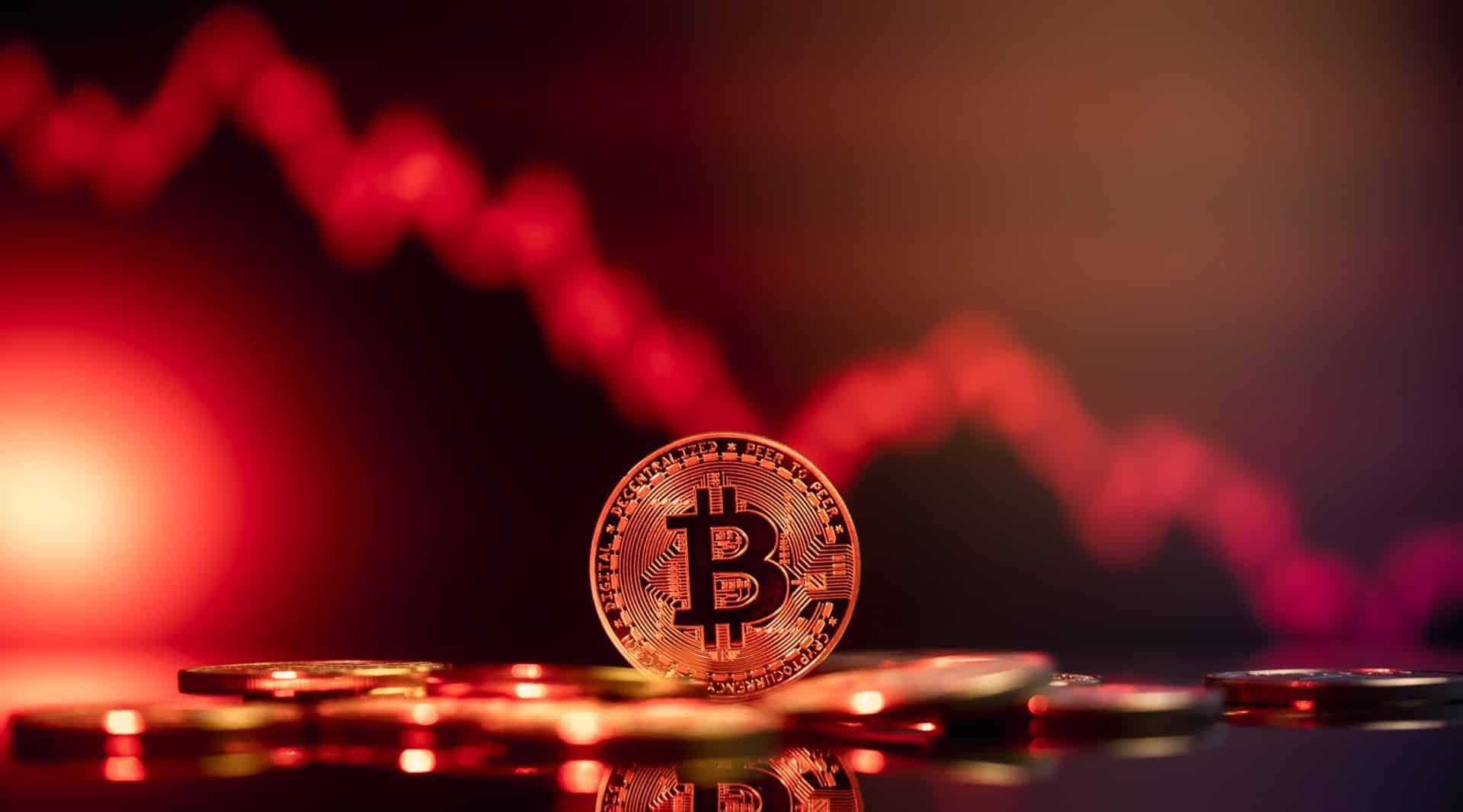How long does bitcoin transfer take? Sending Bitcoin usually takes between 10 minutes and an hour, but this depends on how busy the network is and how much of a fee you add. Bitcoin transactions do not happen immediately like credit/debit card payments or bank transfers do. The blockchain has to validate every move. The speed at which your Bitcoin is sent depends on how quickly this process is completed.
Your transaction might take longer if the Bitcoin network is busy and if you choose a low fee. Most of the time, fees with higher amounts get confirmed faster, while fees with smaller amounts may wait in line until miners pick them up. Some users also compare speed when using different types of wallets, such as hot wallet vs cold wallet, because these storage methods affect how quickly you initiate a transfer even though the blockchain speed stays the same.
There are a few things that can slow down or speed up a Bitcoin transaction. This guide will answer “how long does crypto transfer take?” and show you how to easily check the status of your transfer.

What You’ll Learn About Bitcoin Transaction Times
How long does it take to send bitcoin? It takes between 10 and 60 minutes for most Bitcoin payments to finish, but this depends on how the network is working.
- Processing times can be longer if there is a lot of traffic on the network or if you choose a low transaction fee.
- When you send Bitcoin, you can keep an eye on your confirmations and speed things up by choosing a bigger fee.
It also helps to understand your public and private keys, especially because every transaction begins with your wallet signing the transfer using your private key while your public key acts as your receiving address.
What Actually Happens When You Transfer Bitcoin?
Your wallet creates a transaction and sends it to the blockchain to be processed when you send Bitcoin. After that, it goes through a few more steps before it is fully certified.
Here is a clear outline of what takes place behind the scenes:
- Transaction Initiated: Your wallet gets the transaction ready and uses your private key to sign it safely.
- Shared with the Network: The transaction is sent out to all sites and miners on the Bitcoin network so they can see it.
- Initial Verification: Nodes in the network check the transaction to make sure it is real and that the money has not been spent elsewhere.
- Placed in the Mempool: When a transaction is confirmed, it is sent to the mempool, which is a place where transactions that have not been confirmed can wait.
- Selected by Miners: Miners choose which transactions to include in the next block by pulling them from the mempool and putting the ones with the highest fees at the top of the list.
- First Confirmation: Your transaction gets its first confirmation when a new block is mined, which happens about every 10 minutes.
- More Confirmations: Each block that comes after this one adds another proof. After 3 to 6 confirmations, most platforms and services consider a deal to be complete.
This process with many steps is what keeps Bitcoin safe and stops scams like double spending.
Typical Bitcoin Transfer Duration Explained
A Bitcoin transaction usually gets its first confirmation between 10 and 60 minutes, but this can take longer or shorter based on how busy the network is and the fee you chose when you sent the payment.
During times of high demand, if you choose a cheap transaction fee, your transfer may take a lot longer to process, sometimes up to several hours. Some wallet companies and exchanges may also need more confirmations before they can add money to your account, which can take longer.
Sometimes, a transaction can go unclaimed for more than 24 hours if the network is very busy and the fee is very low. Sometimes, it takes more than one confirmation before the seller or platform considers the payment fully settled. One confirmation usually takes about 10 minutes.
How Long Does It Take to Move Bitcoin Between Wallets?
Every time you move Bitcoin from one bank to another, the time it takes can be different. The network has to approve each transfer before it can be called complete. The speed is based on this approval process.
A Bitcoin transaction is considered fully closed after six confirmations, according to most Bitcoin users. Since confirmations usually happen every 10 minutes, it can take close to an hour for a move to finish in normal circumstances.
Most of the time, though, one confirmation is enough to make sure that a wallet-to-wallet transfer went through smoothly.
Miners put transactions in order of importance based on the fees that come with them. Lower-fee transactions may take longer to clear than higher-fee transfers. Picking the right fee can help reduce handling time and make sure you get your Bitcoin on time.
Which Factors Influence Bitcoin Transaction Times?
Speed at which a Bitcoin transaction goes from “pending” to “fully confirmed” depends on a number of important factors. These are the most important factors:
- Network Activity: Confirmation times usually get longer when the blockchain is full of transactions.
- Transaction Fee: Miners are more likely to pick up and confirm your transaction quickly if the fee is higher.
- Size of the Transaction: Transactions that are bigger or more complicated need more data, which can make handling take longer.
- The rules of the platform or wallet: Some trades and wallets need extra confirmations, which can make it take longer for your funds to show up.
When there are a lot of transactions on the network, fees often go up because users are fighting to get their transactions added to the next block. A lot of wallets will suggest a good fee for you immediately, but you can often change it yourself. Picking the right fee can make the confirmation of your transfer happen much faster.
How Can I Check the Status of a Bitcoin Transaction?
A blockchain explorer makes it easy to see how your Bitcoin transfer is going. These online tools let you see real-time details about your transaction, like how many confirmations it has and if it is still waiting.
You only need the transaction ID (TXID) to find about how long does a crypto transfer take?. You can find this in your bank or exchange account.
Some popular explorers are:
These explorers show more than just confirmation information. They also show how busy the network is and how long do crypto transfers take.
For more information or help, you can always contact the support team of a service or exchange if your transaction seems to be taking too long.
Why Is My Bitcoin Transfer Still Pending?
There are several reasons a Bitcoin transaction might not go through yet, and most of them have to do with how the network handles payments. Some common reasons are:
- A small fee for each transaction: Miners may put other transactions ahead of yours if the fee you chose is too small.
- A lot of action on the network: When the blockchain is busy, wait times naturally go up.
- Big or complicated transactions: It can take longer to validate transfers with more info.
Some wallets might not broadcast transactions with very low fees, while others might do so but leave them in the mempool until miners pick them up, if they do.
To get your payment transferring again faster, some wallets offer tools like:
- RBF: This feature lets you make the same transaction again, but this time with a higher fee.
- CPFP (Child Pays for Parent): This feature lets you send a new transaction with a bigger fee to help confirm an older one.
It is important to check your wallet’s options before sending large or time-sensitive amounts because not all of them allow these features.
Can You Speed Up a Bitcoin Transaction?
Yes, you can often speed up a Bitcoin transfer. How you can do this relies on the tools your wallet gives you.
These are the best ways to get things done faster:
- Raise the transaction fee. If you pay a higher fee, miners will be more likely to confirm your move faster.
- Use Replace-by-Fee (RBF): If your wallet lets you, you can send the same transaction again but this time with a bigger fee.
- Be patient when needed: Sometimes delays go away on their own, especially during short periods of network congestion.
Miners put transactions in order of importance based on the fee per byte of data. This means that a small fee rise can move your transaction to the front of the line.
If you care about fast processing times, you might want to use a wallet that lets you change the fees. Many modern wallets also tell you the best fee levels to use based on how busy the network is right now, and these ideas are usually good ones.
How Fast Are Transactions on the RockItCoin App?
With the RockItCoin app, sending Bitcoin usually starts processing immediately. Full confirmation can take anywhere from a few minutes to an hour, based on how busy the network is and how much of a fee you charge for the transaction.
The app also makes it easy to copy your transaction ID, which lets you quickly use any blockchain viewer to see what is going on with it.
The RockItCoin app support team is also always ready to help if something seems off or if you need help figuring out your proof time.
Many users even use the app to buy crypto with debit card, which makes starting new transactions more convenient.
Why 10 Minutes Became Bitcoin’s Block Time
The person who created Bitcoin, Satoshi Nakamoto, picked a block interval of 10 minutes because it was the best choice for speed and network stability. This amount of time gives miners enough time to check transactions and lets the network successfully find and spread newly mined blocks.
A shorter block time might look like it would go faster, but it would also make it more likely for blocks to clash, which would waste mining time. Ten minutes is a good compromise between speed and security. It is long enough to keep the system running but not too long to cause too many block battles.
How Network Scaling Has Impacted Bitcoin Speeds
As Bitcoin has grown, the community has looked into different ways to make the network run faster and handle more transactions. Not everyone agrees on the best way to proceed forward. Some supporters, especially those in the Bitcoin Cash environment, want to make the blocks bigger so that more transactions can fit in each one.
Others work on scaling issues that make things faster without changing the size of the blocks. Bitfury and other technologies like Lightning Network and Segregated Witness (SegWit) try to boost speed by making it easier to process transactions and storing less data directly on the blockchain.
All of these changes show that people are still working to make Bitcoin faster and more efficient because demand keeps going up.
Final Thoughts on Bitcoin Transaction Times
Most Bitcoin payments happen quickly, but not immediately. Most transactions are completed in an hour, but there may be delays if the network is busy or if a small fee is used.
Knowing what slows things down, like traffic and transaction fees, can help you plan ahead and avoid waiting for no reason. You will feel more confident and clear throughout the process if you can keep track of your findings.
For the best experience, use a trustworthy wallet or app that makes it easy to send, receive, and handle your Bitcoin. Your transactions can go faster and cost less if you pick the right tools and time.
